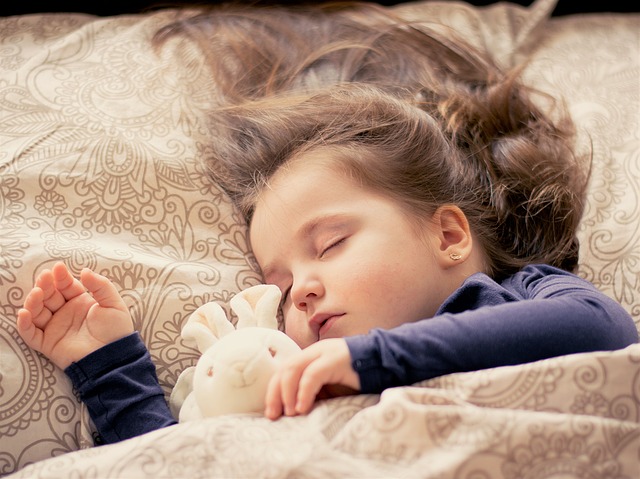Here in the KLASS Center Clinic, we get lots of referrals to evaluate individuals of all ages for Attention Deficit Hyperactivity Disorder (ADHD). A large number of these referrals are for school-age children, including teenagers (we get a lot of college referrals as well). Since there isn’t a biological test yet, like a blood test, to determine whether an individual has ADHD, we must rely on several different pieces of clinical information, and a good deal of the process is to try to rule-out other possible causes for the ADHD symptoms.
Sleep is one area we consider, but sleep deprivation is a more common area of concern as it relates to mimicking ADHD. There’s a big difference in the sleep needs for infants, children, and adolescents; they all typically need more than they are getting.
As adults, we fall into the trap of equating our sleep needs with that of our children, so if we’re getting by with 7 hours, we sometimes think that the kids should do okay with that amount of sleep as well. That, however, isn’t the case; they tend to need a good deal more than that. According to the National Sleep Foundation, the average sleep needs per night by age are:
Infants: 12-15 hours
Toddlers: 11-14 hours
Preschool: 10-13 hours
Elementary: 9-11 hours
Teenager: 8-10 hours
Adults: 7-9 hours
These are averages, so these amounts apply to the majority of individuals, but some folks need a little more sleep, and some can do on a little less. Assume that you and your children are typical when it comes to sleep needs.
Some simple math, and you can calculate where you and your child fall along these averages. So, if you, or your child, aren’t getting enough sleep, you are sleep deprived. What does sleep deprivation look like in kids; especially chronic sleep deprivation?
With younger kids, we don’t usually see tiredness (what we as adults would logically conclude should occur), but rather, we tend to see higher activity levels, i.e., hyperactivity. We tend to see more aggression and acting out, and more irritability. We tend to see more problems with emotion regulation; that is, quicker to tears. We see a lack of focus and difficulty attending for a long period of time.
Numerous research studies are now demonstrating that chronic sleep deprivation is a problem for children’s day-to-day functioning. In short, with sleep deprived children, we see a lot of symptoms that look an awful lot like ADHD. Sleep deprivation is probably one of the more common problems that we see, and that we address when conducting our evaluations.
There are ways to address the reasons behind the sleep deprivation that can improve your child’s and your general functioning.
For more information, have questions, or if you need to schedule an evaluation, please contact us at klass@utk.edu or 865-974-6177.
